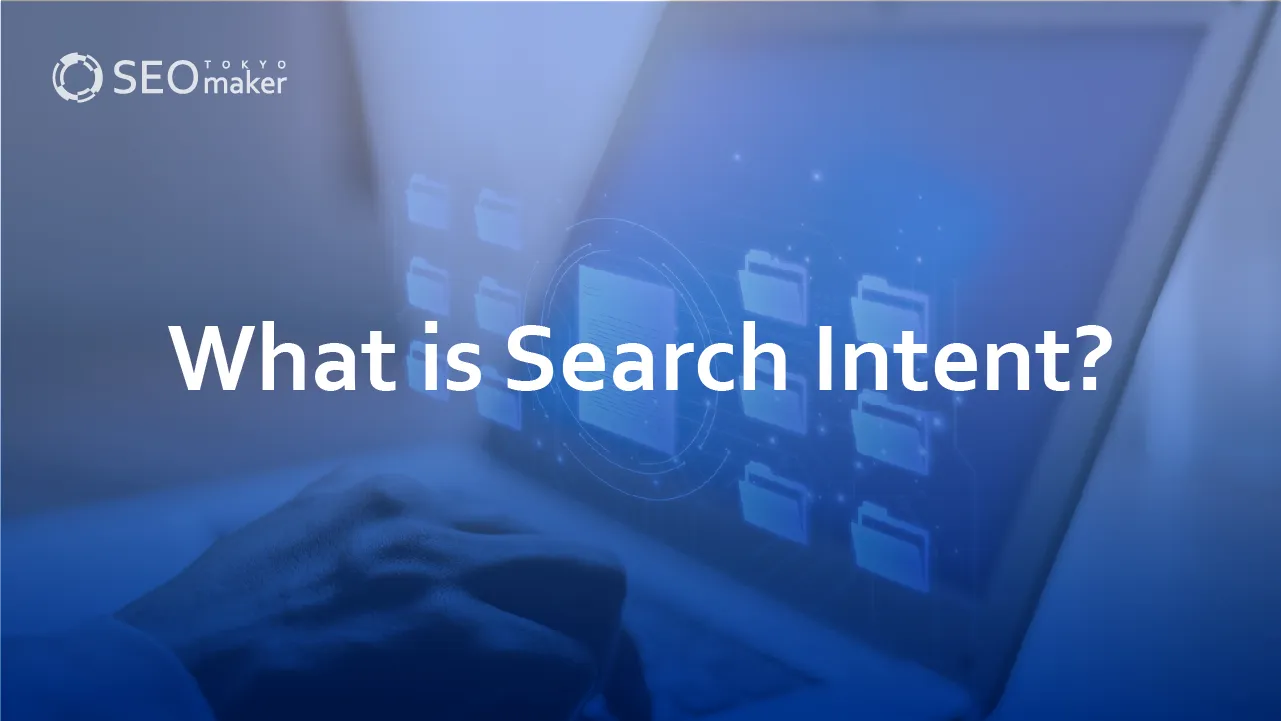SEO Survival in the Age of Generative AI : How Will Web Strategies Change?
contents
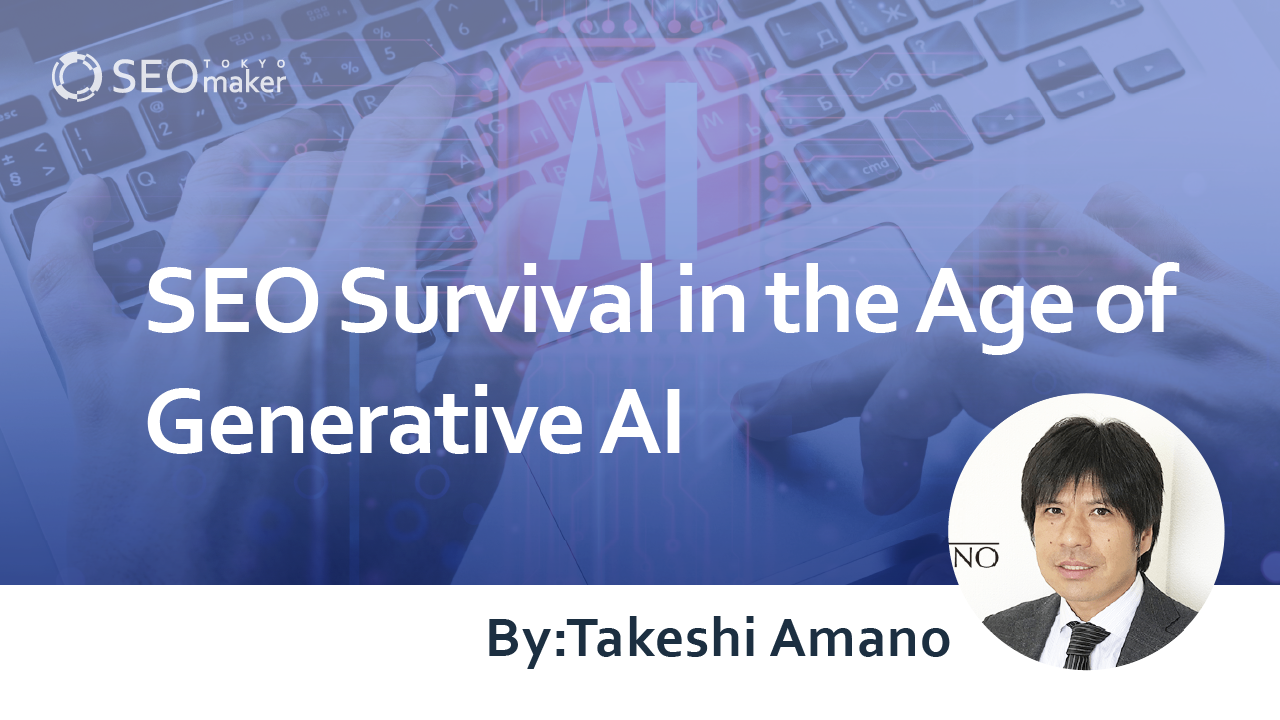
On August 30, 2023, Google began testing how search results generated by AI might appear. While some have declared SEO obsolete, these changes are poised to significantly impact the search industry, particularly affecting companies that specialize in SEO.
Then, we will consider how search results generated by AI are practically affecting SEO and what should be done moving forward.
What Are AI-Generated Search Results?
Initially, these results, known as Search Generative Experience (SGE), involve displaying AI-generated answers at the top of Google’s search results.
Reference: Introducing the Search Experience Powered by Generative AI (Google Japan Blog)
For example, a traditional Google search for ‘what is marketing’ typically shows an emphasized snippet explaining the term, followed by related questions and other search results. However, with SGE, the top result now includes an AI-generated explanation of marketing, highlighted against the usual search listings.
In contrast, when you search for “What is marketing” using the generative AI search results, you will see the following. At the top, there is a highlighted background indicating that Google’s generative AI provides an answer to what marketing is. Below that, you find the regular search results displayed in their usual order.
Until February 2024, it will be in a trial phase
As of February 2024, this is still in the trial phase, set to conclude then. The trial phase started on August 30, 2023, and it’s noted for potential inconsistencies in quality due to its experimental nature.
The official rollout date hasn’t been confirmed by Google yet, but industry insiders speculate that it could be as soon as March 2024 following the trial’s end.
The Details of SGE Results
For instance, searching for ‘what is marketing’ displays answers generated by Google’s AI.
The image above shows the results of searching “What is marketing” on Google, with answers provided by Google’s generative AI. Although the content is similar, there are subtle differences in the displayed information and the number of referenced web pages, indicating that Google continuously generates new text with each search.
Changing How Results Are Displayed
By clicking a button in the top right, users can alter how these results are presented. Initially set to display the text on the left and related web pages on the right, this can be adjusted to show which websites the AI used to generate its responses.
Regarding the earlier example, the AI response references four web pages. These are not necessarily the top four results but are chosen from the first page of the search results, which typically displays ten web pages.
Further Inquiry
When you click on ‘Ask More’ in the AI-generated response, it continues to answer the entered query in a conversational style, allowing for additional questions. For instance, if you simply input ‘What are effective methods?’ after asking ‘What is marketing?’, now, the following responses will appear next.
The AI deduces that you’re inquiring about effective marketing methods and responds accordingly, pulling from different web pages.
Related Questions
Beside ‘Ask More’, there are queries like ‘Who is marketing suitable for?’ and ‘What is the difference between marketing and sales?’. If you click, the following screen appears.
The AI automatically generates related questions, creating a seamless search experience within Google without needing to click through to external web pages.
Accuracy Level
The issue of accuracy persists, as seen with the widespread attention garnered by ChatGPT in November 2022. Although Google’s search results differ from ChatGPT, the accuracy of AI-generated responses is still questioned.
It’s not uncommon for the AI to produce inaccurate answers or mix up companies with similar names, like ‘Company ABC’ and ‘ABC Company’, treating them as the same entity despite them being different.
Humans can easily distinguish between these companies, but as of September 2023, AI still struggles with this distinction. Moreover, the AI does not always reference the official websites but may also pull information from Wikipedia, recruitment sites, and other web pages, which can lead to the dissemination of unverified or incorrect information.
However, considering that the trial operation will run until February 2024, there is potential for significant improvements in accuracy.
*Please note that while providing specific examples would make it clearer, they have been intentionally redacted to avoid any misperception of the companies involved.
Has Top Ranking Become Irrelevant?
As mentioned above, with most of the search results now occupied by AI-generated responses, it’s conceivable that users might stick to the AI answers, leading to a zero-click search scenario, where users find their answers directly in the search results without clicking through to web pages.
This was a topic of discussion when ‘Featured Snippets’ first emerged, but it doesn’t render top rankings entirely useless. While clicks may decrease, SEO remains a viable strategy.
As long as search engines exist and users continue to search, SEO will remain relevant.
Will SGE Results Be Clicked?
Generative AI constructs responses based on top-ranked websites. However, the information from these sites is not always accurate, which often leads to inaccuracies in AI-generated answers.
Even globally utilized systems like ChatGPT have issues with accuracy, suggesting that even for Google, perfect answers from AI are challenging.
For example, when ChatGPT-4 was asked about Akutagawa Prize winners, it provided incorrect responses. Haruki Murakami was only nominated for the Akutagawa Prize in 1973 with “Pinball” but did not win. Mizuki Tsujimura won the Naoki Prize for “A Dream with No Key,” not the Akutagawa Prize, and the book “The Tsubaki Stationery Shop” by Ito Ogawa, which also did not win the Akutagawa Prize. The fact about Risako Matsuoka is correct.
Thus, while generative AI offers convenient and immediate answers, we must remember that it can sometimes present plausible falsehoods.
Informed experts and experienced search users know that inaccuracies may appear, prompting them to verify information provided by AI.
This means that while users might click on SGE results, they may also search for information themselves on other websites.
Previously, when featured snippets appeared, the results following the snippet (ranked second) often received more clicks than the first. This shows that users do not only focus on highlighted parts but also consider other search results.
Reasons Why Ranking High is Still Beneficial
However, it is true that businesses and individual bloggers suffer when their click rates decrease. Yet, appearing at the top of search results remains advantageous for several reasons, which means there is an even greater need to focus on SEO than before.
-It becomes a reference for AI-generated responses.
-It provides pathways for savvy users and those familiar with search engines.
-It caters to users who prefer not to click on AI responses.
As of February 2024, the specifics of future operations are unknown, but web pages referenced by AI answers are from the first page of search results. Thus, SEO efforts that land a page on this first page can potentially influence the content generated by AI, aligning with traditional SEO strategies focused on delivering content that meets users’ needs.
This aligns with the traditional SEO approach of delivering content that meets user demands, meaning there is no significant change in the overall strategy of content creation.
Moreover, the importance of providing information based on accurate evidence for users who value precision and want to verify the truthfulness of information is expected to remain crucial. This implies that SEO can continue to be relevant in this context as well.
In sum, due to the limited accuracy of AI-generated content, continuously producing content that genuinely meets user demands remains crucial. This will not only maintain relevance in search results but also increase the likelihood of being featured in AI responses.
In the realm of SEO, domain strength often correlates with search result rankings, with strategies traditionally focusing on increasing backlinks and content to bolster domain authority. However, as content becomes even more critical, there is an opportunity for sites with less robust domains but high accuracy and comprehensive information to be recognized and valued.
Marketing in the Generative AI Era
SEO adjustments in the generative AI era require attention to the following four aspects.
- Paid Listings
- SEO for AI-generated results
- Traditional SEO
- Web Presence Optimization (WPO)
Paid Listings
Though not technically SEO, paid listings can appear above AI-generated results and capture user attention more effectively. No matter how exceptional your SEO content may be, it’s meaningless if it doesn’t reach the audience. Thus, in the era of generative AI, paid listings remain a competitive web marketing strategy.
However, the suitability of paid listings can vary by industry and product. High cost-per-click or poor audience targeting might limit their effectiveness, necessitating careful consideration.
SEO for AI-Generated Results
Next is SEO that addresses AI-generated results. Since these results reference web pages, being selected can secure traffic. The key here is to include clear, well-founded answers in your content, not just conjectures or unsupported statements. Articles with solid evidence are more likely to be referenced as credible sources.
Traditional SEO Continuing traditional
SEO practices is also essential. This includes not just focusing on accumulating backlinks but maintaining basic SEO strategies.
Google promotes content that exhibits Experience, Expertise, Authoritativeness, and Trustworthiness (E-E-A-T), so creating unique, authoritative content remains crucial.
Additionally, considering that generative AI can conduct conversational Q&A, optimizing for voice interactions, like those with Alexa or smart speakers, is becoming increasingly necessary.
Web Presence Optimization (WPO)
WPO aims to enhance your online presence. As SEO becomes more complex, merely focusing on internal optimization and content creation may no longer suffice. WPO serves as an overarching concept to maximize visibility across various online platforms.
This includes traditional SEO, online advertising, social media, public relations, social bookmarks, local SEO, video and audio streaming, and webinars, among others. Making your presence felt online through all possible channels is more critical than ever.
The ultimate goal of SEO, often referred to as branded search (where searches are specifically for your company or services), remains vital. In the generative AI era, long-term strategies that make your company or service the first thing people think of when they search relevant keywords will help you thrive.
Summary
The trial of AI-generated search results, which started on August 30, 2023, and set to end in February 2024 before a full rollout, shows that relying solely on AI-generated answers isn’t feasible yet due to accuracy concerns. Despite longstanding claims that SEO is dead, it has never truly ended and continues to be a crucial element for attracting visitors. The rise of generative AI poses significant challenges for SEO-focused businesses, but adapting to societal changes and continually improving will be key to survival. While generative AI affects SEO, there is still room for growth in web traffic acquisition, and implementing a comprehensive WPO strategy can ultimately secure branded searches.



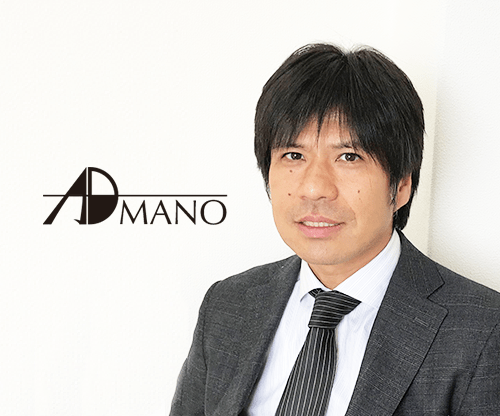


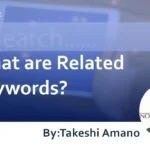
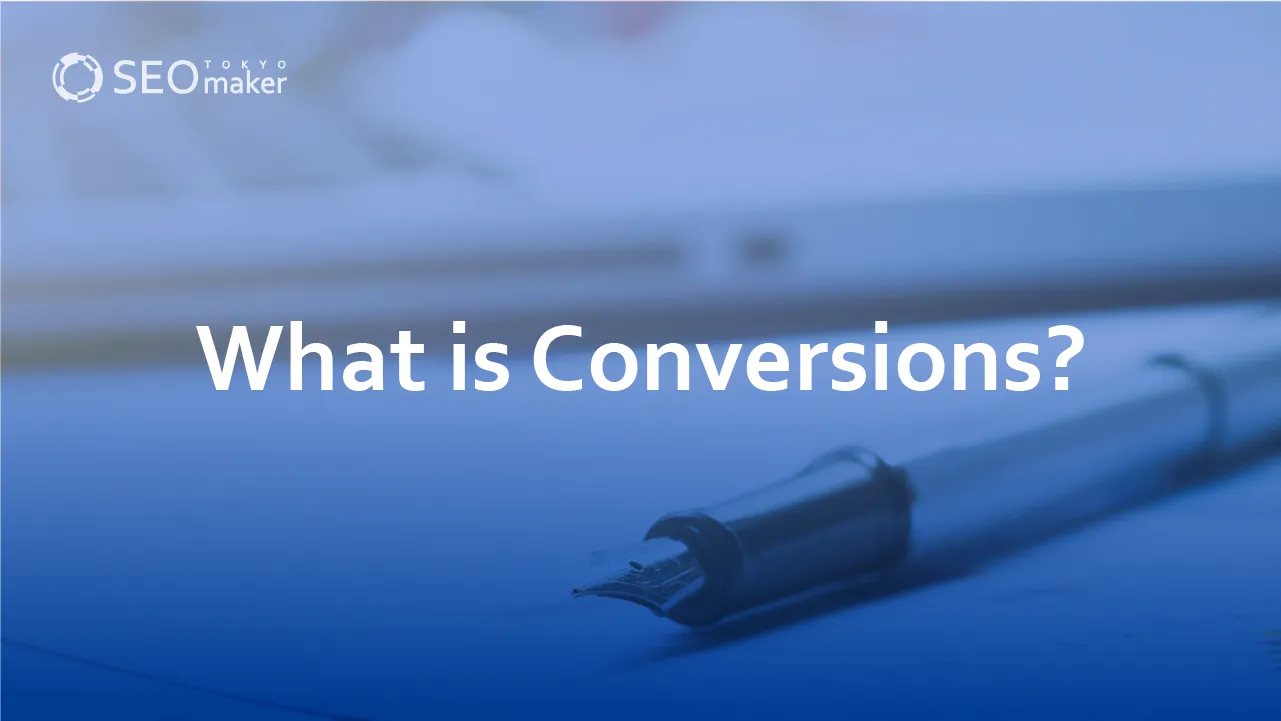

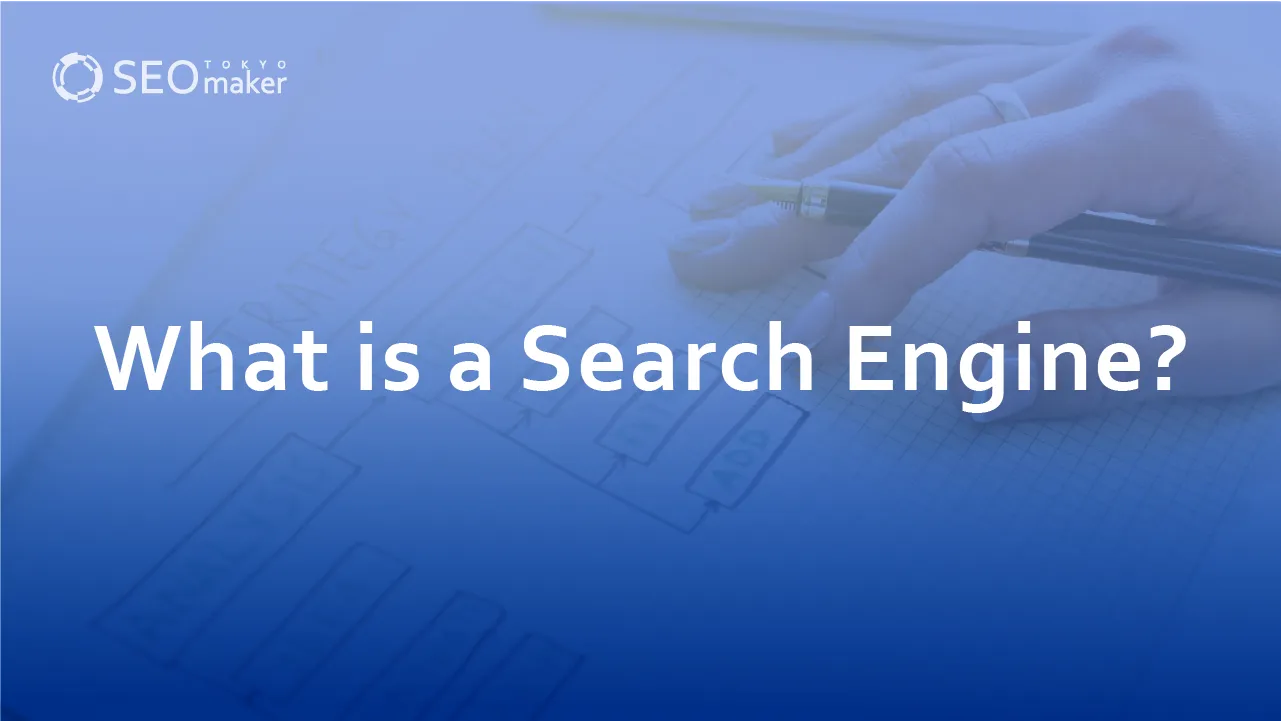
![What is a Description? Explaining the Meaning, Writing Style, and Changing Word Count – [2023 Edition]](https://www.switchitmaker2.com/en/wp-content/uploads/2024/09/what-is-description.webp)
